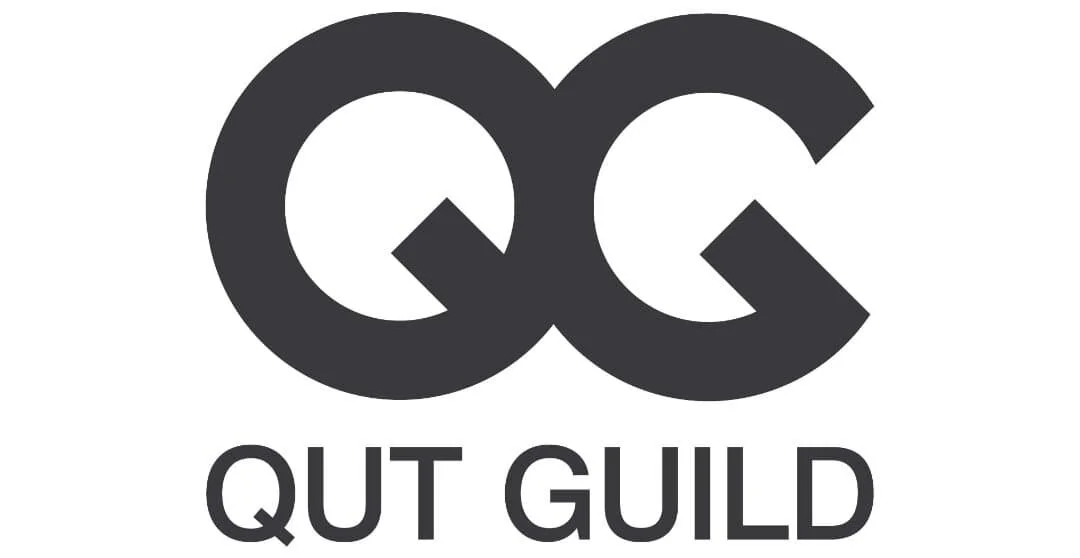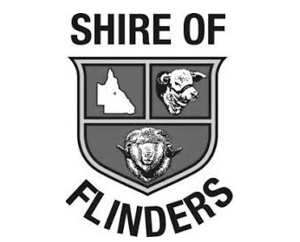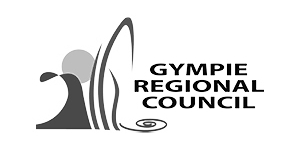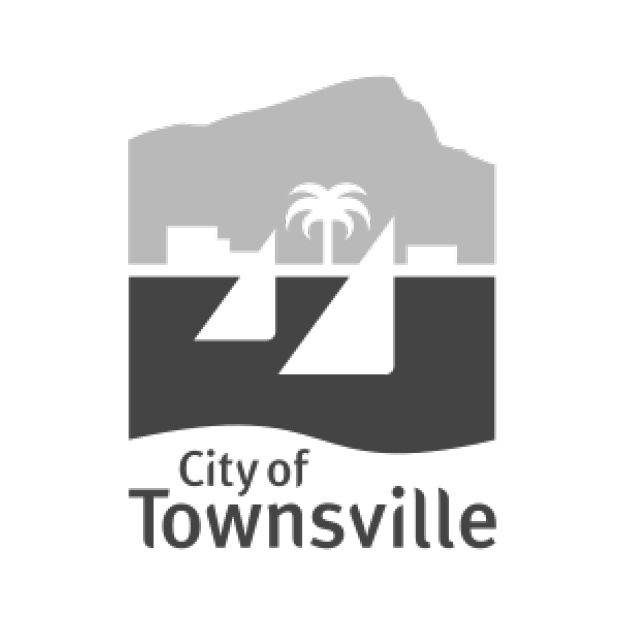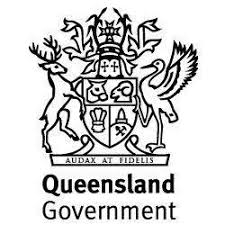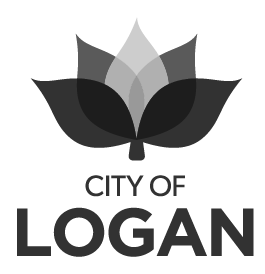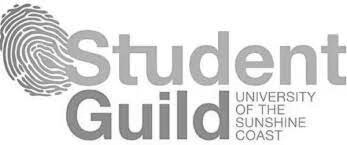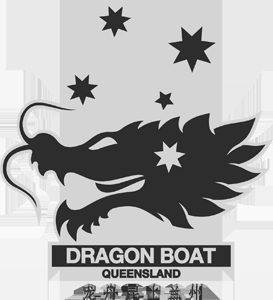Why your committee needs club governance training
By Michael Connelly
In community sport, Saturday morning meetings are common. Even the volunteer leaders who rise to positions on the boards of peak bodies can’t escape those early weekend boardroom duties.
I was invited to one such Saturday morning meeting in the mid 2000s, with the state board of a cycling association. What I learned at that meeting was not only the importance of governance training for committee and board members, but also how messy things can get without good training.
The board members, all of whom had served time on club committees and regional associations before becoming state board members, had been dealing with a ‘rogue club’ for some time, and they were looking for a way to solve the problems once and for all.
To them, the solution was easy. As the state association, they thought they could simply go in and ‘take over’ the errant club. It was obvious that they were in groupthink mode, feeding off each other, getting more and more worked up with each additional caffeine-fueled rant.
As each new idea was angrily tossed into the mix, it became clear that none of them knew all the facts of the club’s problems. More worrying was that none of them understood what their association could and couldn’t do in the situation.
I listened politely for a while, then before somebody yelled out, “Off with their heads”, I stepped in and calmly explained that there are clear rules for incorporated associations (you know… the ones set out in legislation in each state and territory!), and how those rules needed to be applied in this instance.
Without my little intervention that Saturday morning long ago, it’s very likely that the board would have taken the wrong action. At best, they would have ended up being publicly embarrassed in front of the whole sport. At worst, they could have been defending their mistakes in the Supreme Court.
While each of the board members had been in the sport for many years, they were running things based on assumptions. I think someone may even have said, “That’s how our predecessors did things, so it must be right…!”
Unfortunately, none of the board members had come from a club or association that had run any form of focused, systemised training in good governance and the legal structures of clubs and associations. If just one of them had been involved in good governance training, this difficult situation would have been avoided, saving everyone’s precious Saturday morning time.
Why do people get involved in club governance
People of all ages and at all stages in their lives get involved in the governance of clubs because they typically have two motivations: interest and passion. This is especially true for the people who put in the massive effort to start clubs in the first place.
But while they are brimming with enthusiasm, usually these budding leaders have never been taught anything about governance, nor have they been trained in what it takes to run a club or association. Whether it’s leaders in their early 20s in university clubs and societies, young parents at the community kindy, coaches at the local footy club or retirees running a golf club or craft society, all of these volunteers would be far better off if they had access to the best governance training; training to teach them things from how to run an effective meeting to preparing a club budget.
When hiring people for a job, employers make no bones about the fact that they are looking for exactly the attributes our budding club leaders possess: interest and passion. Employers are always on the lookout for passionate, interested people, because they have the motivation and attitude it takes to do a great job. Savvy employers know that these star recruits can easily be trained in the specific skills they’ll need for the job, saying, “You can train for skills, but you can’t train for attitude.”
So if that’s how things work in mainstream recruitment, surely it would be an effective strategy in the world of volunteers to find the people who are driven by passion (and they’re easy to find, because they’re volunteering to be there in the first place) and to give them the training and support they’ll need to do a great job.
What is governance training
Governance training is more than turning to Google or Facebook to find quick-fix, do-it-yourself solutions. The most successful clubs and associations are those that engage an independent governance training provider to deliver deliberate, focused and regular support to their committee or board members.
When explaining what the term ‘club governance’ means, I demonstrate that governance isn’t as much a topic unto itself, as it is the hub of a wheel, where each of the spokes represent the things that need to be effectively addressed to keep the club rolling comfortably along.
Picture a wheel, with club governance being the hub in the centre, and where each spoke represents things like:
Club constitutions
Legal liabilities
Risk management
Event management
Marketing
Asset management
Committee succession planning and handovers
Conflict resolution and grievance procedures
Volunteering and volunteer management
Meetings
Affiliation and re-affiliation
Insurance
Financial management
Strategic planning
Budgeting
Sponsorship
Grants
Compliance
Child protection
To keep the wheel rolling smoothly, each spoke must be as long and as strong as the others. If one spoke is broken, it ruins the whole wheel, and it’s going to be a bumpy journey indeed!
How do you know what club governance training you need
When setting up a systemised approach to governance training, it’s best to bring in an independent industry expert, with a proven track record of providing the support that’s needed by interested and passionate volunteers like you. By engaging an external training provider, you can be confident that you’ll receive an unbiased, arm’s-length assessment of your training needs. A do-it-yourself approach risks missing the forest for the trees.
A successful club governance training program will begin with an analysis of your team’s existing knowledge and skills. This may include a critique of your meetings, analysis of a few years’ annual reports, a review of your budget and asset register (if you have them), and maybe even a quiz to test your knowledge.
But as you go through this exploration stage, don’t expect the best club governance training providers to sugar coat what they find. You’re not looking for a flattering lackey. You’re looking for someone who can see what you can’t; someone to uncover areas where training will help you massively increase your effectiveness as a volunteer.
When your governance trainer has uncovered your real areas of need, you’ll then collaborate to co-design the best club governance training program for you and your team. That program is likely to be more intensive at the start (ideally without negatively impacting your organisation’s operations), and then involve scheduled ‘check-ins’, to keep you on track for the long term and help fix little issues before they ever have a chance to turn into problems.
All the way through your training in club governance, keep in mind that you need to have the courage and patience to implement what you learn. Your governance trainer can show you the ladder and make sure that it’s leaning against the right wall, but ultimately, you have to climb it.
If just one of the cycling board members all those years ago had received this type of systematic governance training at some stage on their volunteer journey, that whole embarrassing, and risky, situation would have been avoided, saving everyone’s precious Saturday morning.
Michael Connelly has been helping volunteers in meetings on Saturday mornings for more than 25 years. The clubMENTOR governance training programs that Michael and his team at CPR Group have delivered in that time prove that he’s no ‘Yes Man’. They deliver the sorts of results that get to the heart of problems and bring committee members back from the brink of burnout, creating the Happiest Volunteers in the land.





